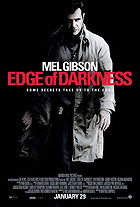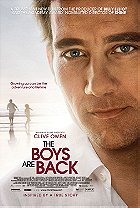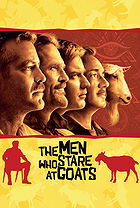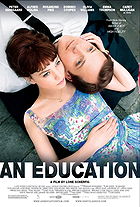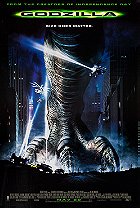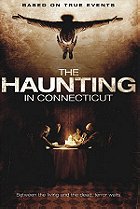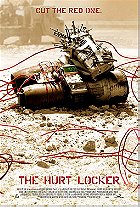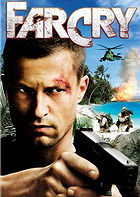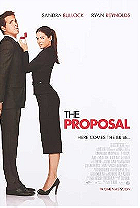After Christopher McQuarrie and director Bryan Singer collaborated for the exceptional The Usual Suspects, the two proceeded to work separately to pursue noticeably different motion pictures. While Singer directed the Marvel comic adaptation of X-Men, McQuarrie helmed The Way of the Gun; a down and dirty Western. For his directorial debut, McQuarrie took a bold step forward with this strikingly grim, fatalistic tale of petty criminals who make a determined bid for the big time but find they've bitten off more than they can chew. In a sense, The Way of the Gun feels like a violent, grim Coen Brothers film - it could be Quentin Tarantino's Raising Arizona.
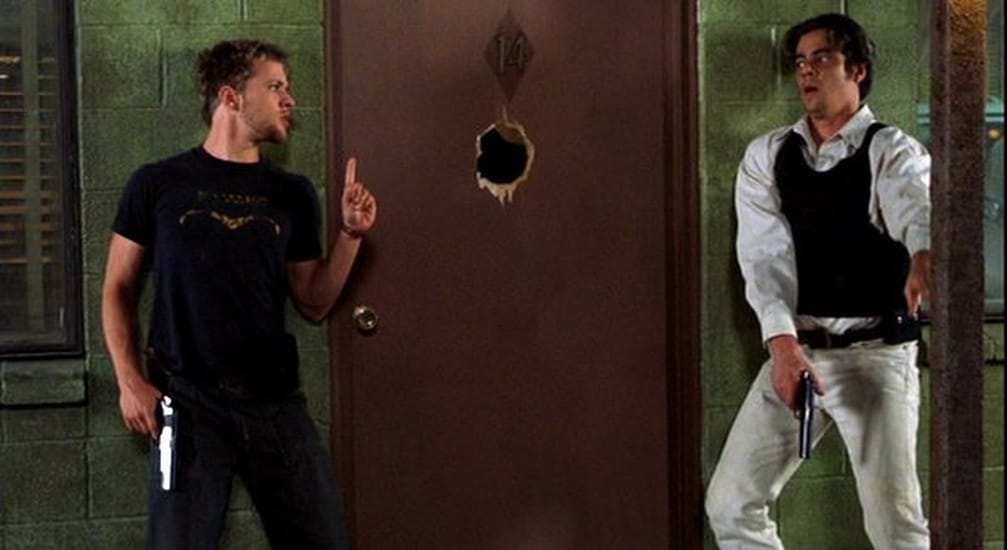
The two (anti)heroes of the film are Parker (Phillippe) and Longbaugh (Del Toro) who develop an ostensibly simple scheme to strike it rich. This plan involves kidnapping and holding for ransom a surrogate mother named Robin (Lewis) who is just days away from giving birth to a child for a wealthy tycoon who'll presumably pay any sum for her safe return. Unluckily for Parker and Longbaugh, said tycoon has mob ties. From this point onwards, subplots and side roads abound as the kidnappers find themselves somewhat out of their depth. This brings about a chase across Mexico filled with double-crosses and trickery.
McQuarrie has devised a meticulous spider-work of intersecting lives for The Way of the Gun. Despite the sizeable number of protagonists, the writer-director avoided creating a tightly-packed storyline that observes a number of people whose lives conveniently intersect in a private universe. Instead, everyone is a criminal here who's pursuing whatever serves their best interests. Rather than neatly tying together unrelated stories, one single event drags everyone into this tale, and they all splash around in their struggle to stay afloat. More pertinently, The Way of the Gun is populated by a gallery of amoral characters, and there's consequently nobody to care about or cheer for. However this is the type of thriller for which likable characters aren't necessary to appreciate the suspense inherent in their situation.

As a cinematic experience, The Way of the Gun is well crafted, but it remains largely single-note from start to finish, and the pacing could have benefitted from an added zip. This fault is derived from the fact that, though the script is clever, the thing is considerably over-plotted and, as a direct result, interminably slow. This is exasperated by the fact that McQuarrie clearly had no clue about directing a motion picture when he volunteered to fill the position, and his direction therefore lacks the self-assurance that Bryan Singer displayed for his handling of The Usual Suspects. Luckily, the action sequences are a saving grace. With the constant grittiness, reliance on static camera and a minimal reliance on distracting camera gimmicks, McQuarrie seems to be replicating the aesthetic of '70s action cinema (think The French Connection, Dirty Harry or The Wild Bunch). Nevertheless, when things are quiet and guns aren't being discharged, McQuarrie evidently had a difficult time getting his talented actors to do what he had in mind.
This is not to say the acting is necessarily bad, mind you - the performances are focused, but they're relatively unengaging from time to time. The standout here is James Caan as Joe Sarno; the grizzled bagman who's seen it all and lived to tell the tale. If there's one sympathetic person in The Way of the Gun, it's Sarno. Granted, this role doesn't stretch Caan's range and it appears to be a comfortable character for him to pull off, but this just means we never have trouble accepting him as Sarno. Meanwhile, playing the vicious duo of Parker and Longbaugh, Ryan Phillippe and Benicio Del Toro submit competent, understated, well-nuanced performances. When given snappy lines to deliver, the two confidently handle the material. Unfortunately, the same praise cannot be said of Juliette Lewis, whose monotone delivery and flat acting relegates her character of Robin to a plot necessity rather than a fully-realised, complex individual.

Commendably, McQuarrie's screenplay refuses to sell out. At the film's beginning, the writer-director sets up an unwinnable struggle for the protagonists and sees it through to the conclusion; never compromising the film's integrity for the sake of a Hollywood-style happy ending. There is, alas, no redemption to be found here for the characters, but that's the whole point. That said, The Way of the Gun is one of those movies you admire more than you actually enjoy. It's a tour de force of cinematic invention, but it's also one of the most pointless and unfulfilling crime movies of recent memory.
6.5/10
 Login
Login
 Home
Home 183 Lists
183 Lists 1665 Reviews
1665 Reviews Collections
Collections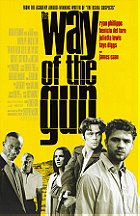
 0 comments,
0 comments, 